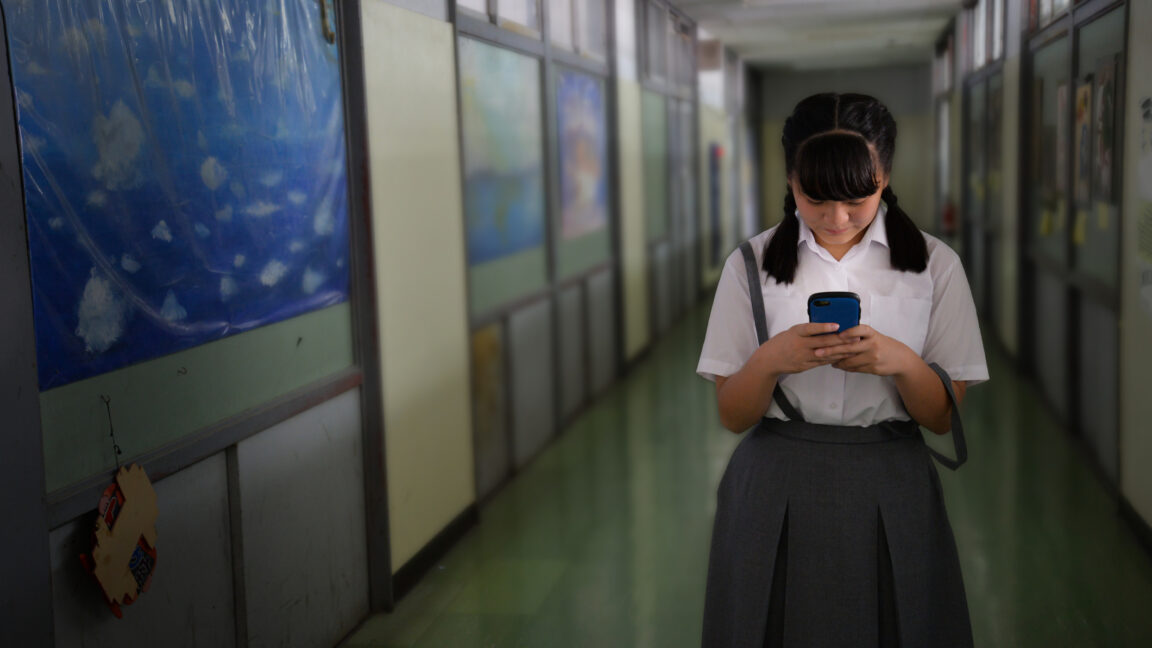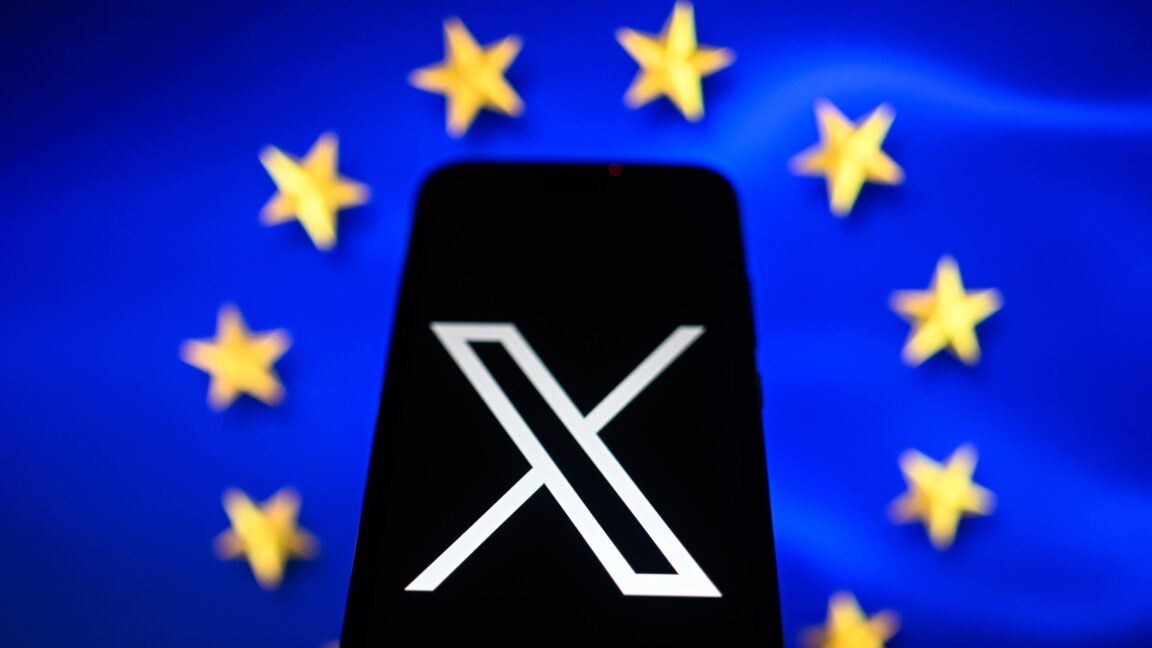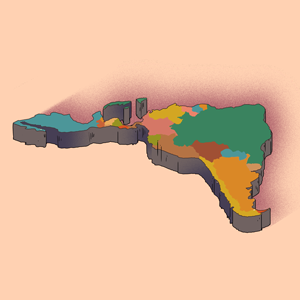This DTC-era darling has a plan for navigating Trump’s tariffs
Billy May is now deeply familiar with the intricacies of bedsheet factories. In 2023, May became CEO of Brooklinen. A retail veteran, he’s spent his career in top roles at J.Crew and Abercrombie, before becoming CEO of Sur La Table. But now, as head of a millennial-loved bedsheet brand, he’s learning about the warp and weft of cotton sheets, and which countries have the most expertise in manufacturing bedding. (“Portugal and India are leading fabric-producing countries,” he tells me.) May has been tasked with helping Brooklinen transition from a DTC startup into a nationally-known brand. He believes the way to do that is to create high quality sheets that you cannot get anywhere else. So Brooklinen is now redesigning all of its key products so they have unique fabrications. For instance, it has worked closely with its factory in Portugal to update its linen sheets to a weave that is exclusively available at Brooklinen; it’s softer and stronger than before, and made from traceable European flax. Brooklinen relaunches these linen sheets today, but we can expect the brand to unveil redesigned versions of its other classics in the months to come. [Photo: Brooklinen] This year, however, there’s been a new wrinkle in May’s plans: Trump’s tariffs. The administration has already announced steep levies on Canada, Mexico, and China which go into effect today, but it has also threatened tariffs on the European Union and India, which is where Brooklinen makes the majority of its products. May isn’t panicking. He’s strategizing. “I’ve been here before,” he says, referring to his tenure as CEO of Sur La Table during the last Trump presidency. “There are things we can do to mitigate the risk.” What Brooklinen Learned From the DTC Movement To understand Brooklinen’s deep relationship with factories in India, Portugal, and Turkey it’s important to understand the brand’s origin story. The company was founded in 2013 by a husband and wife team, Rich and Vicki Fulop, who wanted to make it more accessible for everyday people to afford the kind of luxurious sheets you get at a hotel. They studied the bedding supply chain, then tapped factories that made sheets for high-end brands. They believed they could price these products more affordably by selling them directly to consumers without a retail markup. This was a playbook they had seen from a new crop of DTC brands, like Everlane, Bonobos, and Warby Parker. Over the next decade, hundreds of other DTC brands would enter the market, from Casper to Away to Allbirds. And, as Fast Company has reported in detail, many of these brands struggled in their efforts to scale and become profitable. One problem was simply how much competition there was. At one time, there were hundreds of brands making mattresses similar to Casper’s and dozens of brands making suitcases similar to Away’s. This also happened in the bedsheet industry. As Fulop said in Fast Company, “I made a tactical mistake: I just told everyone about this amazing niche that we’re in, and now we have all these competitors.” [Photo: Brooklinen] Many DTC brands failed to compete in this environment and folded. Brooklinen was among the survivors, and May says the brand is profitable. To transition to the next stage of growth, May believes that product differentiation is the only way forward. Brooklinen’s original pitch to customers was that it offered high quality. But now, May also wants to ensure the products are truly unique, such as the new linen sheets. If a customer falls in love with them, they cannot get this fabrication anywhere but Brooklinen. But to create these high quality fabrications, May says that Brooklinen needs to have close relationships with its factory partners. They work closely with their partners to create prototypes, source materials, and get certifications, like the one that traces the origins of the flax in the linen. “These are deep, long-term partnerships,” says May. “It’s the only way to create a high quality product.” [Photo: Brooklinen] Brooklinen’s Tariff Strategy Trump’s tariffs threaten to undo many brands’ relationships with their factory partners. Brands that produce products in China and Mexico, for instance, are suddenly going to pay significantly more to import their products into the United States. When the tariffs were first announced, some brands said they would immediately start finding factories outside of China. Steve Madden’s CEO, for instance, said he would start exploring factories in Cambodia, Vietnam, and Brazil. But this can have an impact on product quality. It takes years to build a relationship with a factory and work closely to ensure products are made to a brands’ standards. Moreover, some countries have far more expertise in making particular products. China, for instance, has thousands of footwear factories that have been making products for American brands for decades—with a workforce that is well trained in manufacturing

Billy May is now deeply familiar with the intricacies of bedsheet factories. In 2023, May became CEO of Brooklinen. A retail veteran, he’s spent his career in top roles at J.Crew and Abercrombie, before becoming CEO of Sur La Table. But now, as head of a millennial-loved bedsheet brand, he’s learning about the warp and weft of cotton sheets, and which countries have the most expertise in manufacturing bedding. (“Portugal and India are leading fabric-producing countries,” he tells me.)
May has been tasked with helping Brooklinen transition from a DTC startup into a nationally-known brand. He believes the way to do that is to create high quality sheets that you cannot get anywhere else. So Brooklinen is now redesigning all of its key products so they have unique fabrications. For instance, it has worked closely with its factory in Portugal to update its linen sheets to a weave that is exclusively available at Brooklinen; it’s softer and stronger than before, and made from traceable European flax. Brooklinen relaunches these linen sheets today, but we can expect the brand to unveil redesigned versions of its other classics in the months to come.

This year, however, there’s been a new wrinkle in May’s plans: Trump’s tariffs. The administration has already announced steep levies on Canada, Mexico, and China which go into effect today, but it has also threatened tariffs on the European Union and India, which is where Brooklinen makes the majority of its products.
May isn’t panicking. He’s strategizing. “I’ve been here before,” he says, referring to his tenure as CEO of Sur La Table during the last Trump presidency. “There are things we can do to mitigate the risk.”
What Brooklinen Learned From the DTC Movement
To understand Brooklinen’s deep relationship with factories in India, Portugal, and Turkey it’s important to understand the brand’s origin story.
The company was founded in 2013 by a husband and wife team, Rich and Vicki Fulop, who wanted to make it more accessible for everyday people to afford the kind of luxurious sheets you get at a hotel. They studied the bedding supply chain, then tapped factories that made sheets for high-end brands. They believed they could price these products more affordably by selling them directly to consumers without a retail markup. This was a playbook they had seen from a new crop of DTC brands, like Everlane, Bonobos, and Warby Parker.
Over the next decade, hundreds of other DTC brands would enter the market, from Casper to Away to Allbirds. And, as Fast Company has reported in detail, many of these brands struggled in their efforts to scale and become profitable. One problem was simply how much competition there was. At one time, there were hundreds of brands making mattresses similar to Casper’s and dozens of brands making suitcases similar to Away’s. This also happened in the bedsheet industry. As Fulop said in Fast Company, “I made a tactical mistake: I just told everyone about this amazing niche that we’re in, and now we have all these competitors.”

Many DTC brands failed to compete in this environment and folded. Brooklinen was among the survivors, and May says the brand is profitable. To transition to the next stage of growth, May believes that product differentiation is the only way forward. Brooklinen’s original pitch to customers was that it offered high quality. But now, May also wants to ensure the products are truly unique, such as the new linen sheets. If a customer falls in love with them, they cannot get this fabrication anywhere but Brooklinen.
But to create these high quality fabrications, May says that Brooklinen needs to have close relationships with its factory partners. They work closely with their partners to create prototypes, source materials, and get certifications, like the one that traces the origins of the flax in the linen. “These are deep, long-term partnerships,” says May. “It’s the only way to create a high quality product.”

Brooklinen’s Tariff Strategy
Trump’s tariffs threaten to undo many brands’ relationships with their factory partners. Brands that produce products in China and Mexico, for instance, are suddenly going to pay significantly more to import their products into the United States.
When the tariffs were first announced, some brands said they would immediately start finding factories outside of China. Steve Madden’s CEO, for instance, said he would start exploring factories in Cambodia, Vietnam, and Brazil. But this can have an impact on product quality. It takes years to build a relationship with a factory and work closely to ensure products are made to a brands’ standards. Moreover, some countries have far more expertise in making particular products. China, for instance, has thousands of footwear factories that have been making products for American brands for decades—with a workforce that is well trained in manufacturing. Finding factories in other countries that can make products at a similar quality can be a challenge.
May says that Brooklinen has not been immediately affected by this first wave of products because it manufactures primarily in Europe and India. But the Trump administration has already threatened tariffs on both of these territories, and May is strategizing about what to do.

Rather than abandoning factories, May’s first step is to work even more closely with them to navigate looming tariffs. In many cases, factories bear the brunt of tariffs, since they are exporting products to overseas warehouses. Some American brands will refuse to pay the higher costs incurred by the tariffs, so the factories will have to simply absorb these costs. But May is already talking with factory partners about how to share the burden. “We’re working hand in glove with them on ways to share any potential cost increases,” he says. “It’s been an ongoing dialogue.”
For May, this isn’t just a responsible thing to do. It’s also an important way to ensure that the company can maintain quality, since it has spent years working closely with these factories to make sure the product is exactly how they want it.
That said, having run a retail business in Trump’s previous term, which also involved tariffs, May says it’s important to have many tools to mitigate cost increases. Right now, the company is identifying its bestselling products that are always in stock, then preemptively sourcing materials and manufacturing large quantities, in case Trump makes good on tariffs.
And in the longer term, May is expanding its network of factories. Over the course of the last year, it has added 10 new factory partners across many different countries and started training them to make its products. This is partly because Brooklinen is growing fast and needs to be able to expand its capacity. But as new potential tariffs emerge, May says there will be some flexibility to increase orders in places where tariffs are lower.
May is also taking this moment as a chance to innovate. As Brooklinen explores new factories, it is also thinking about how it can develop new kinds of products that customers are looking for. It has developed a waffle blanket at one of its new factories so that it has a proprietary weave that holds its shape better and has a deeper pocket. It has also redesigned its plush towels with its Turkish factory to give them a unique fabrication that is more densely woven so it is softer and absorbs water quicker.
Ultimately, May believes this moment of economic uncertainty doesn’t need to squash innovation and growth. In some ways, it might even spur it. “We think about other companies we admire like Apple and BMW,” he says. “They don’t rest on their laurels, but are constantly innovating product, and that’s how they keep their edge.”




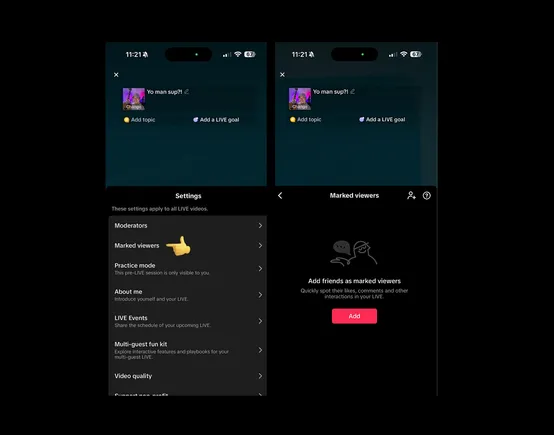

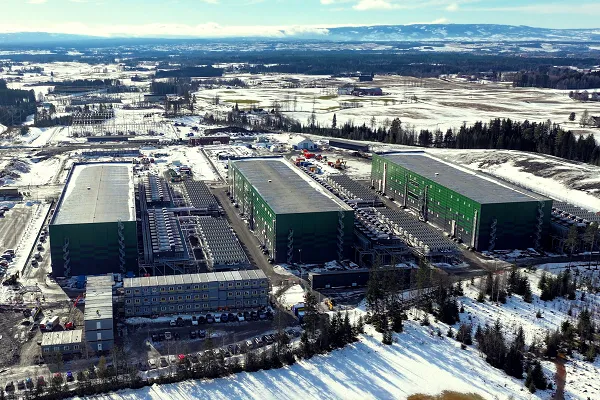
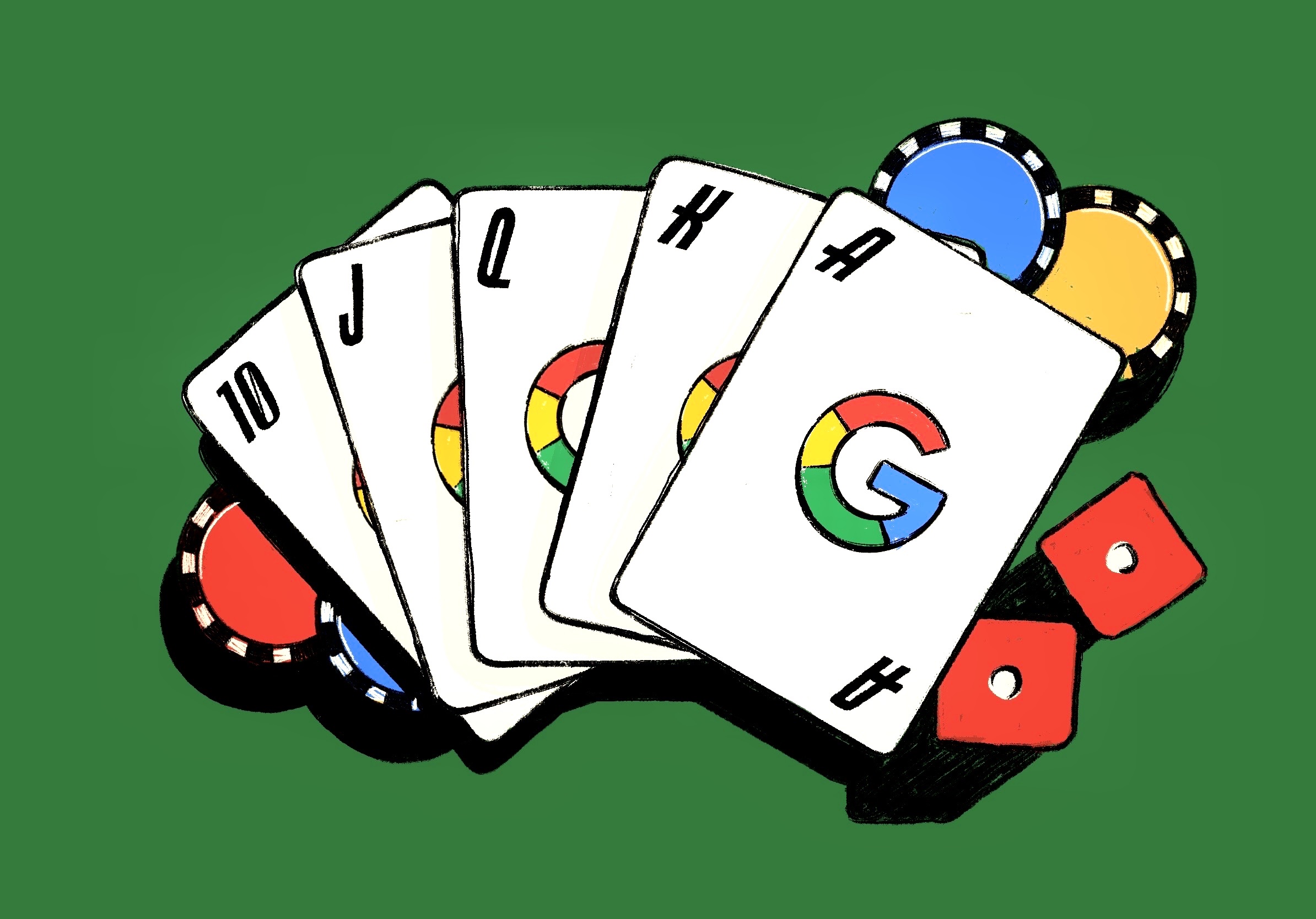
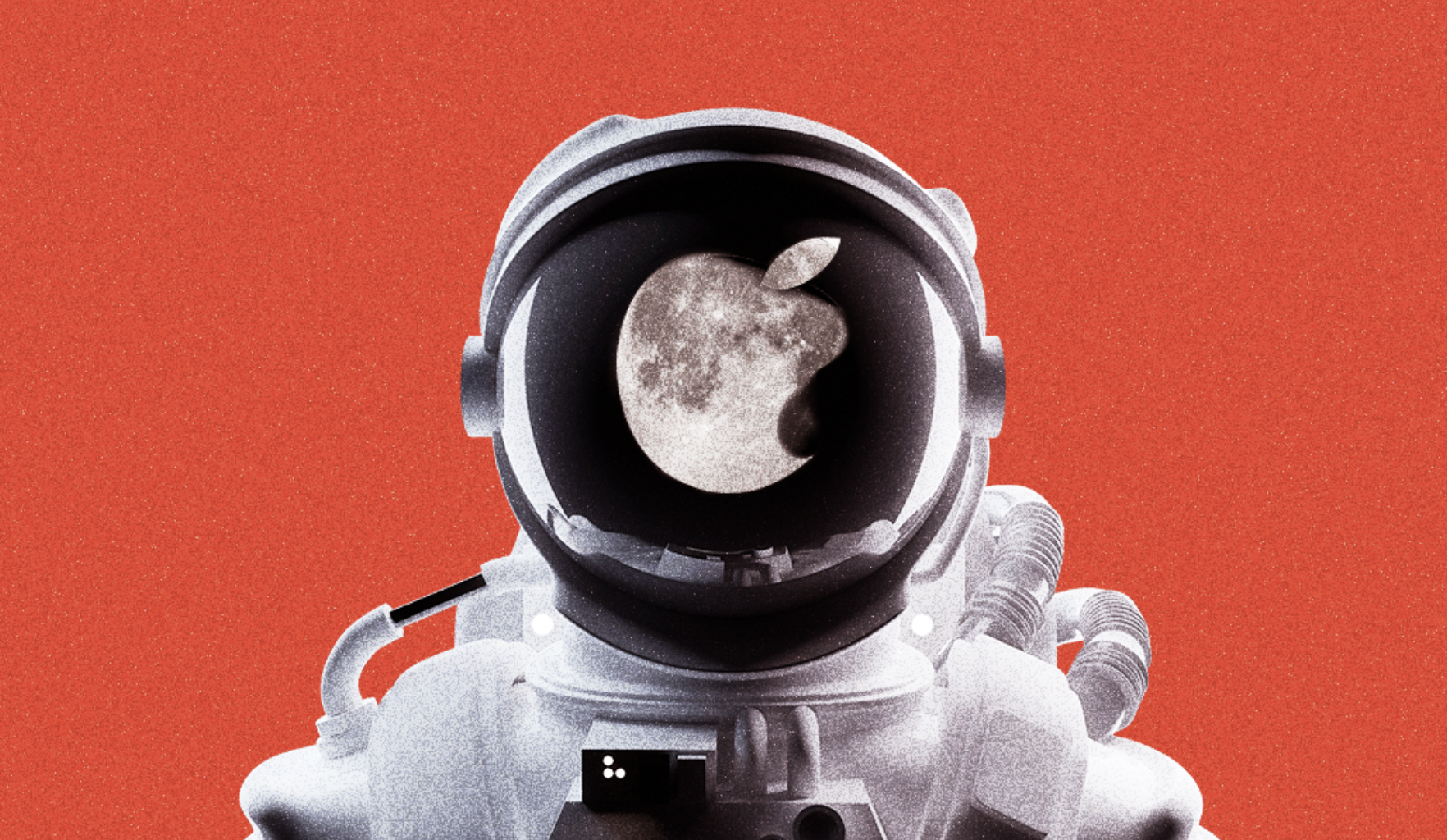


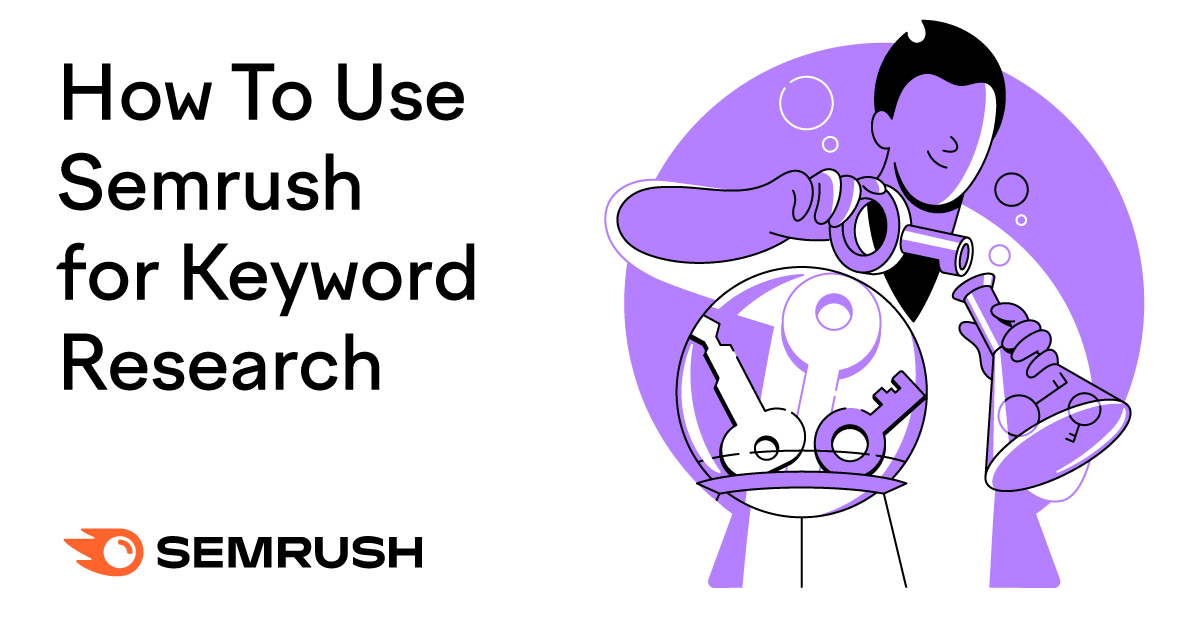

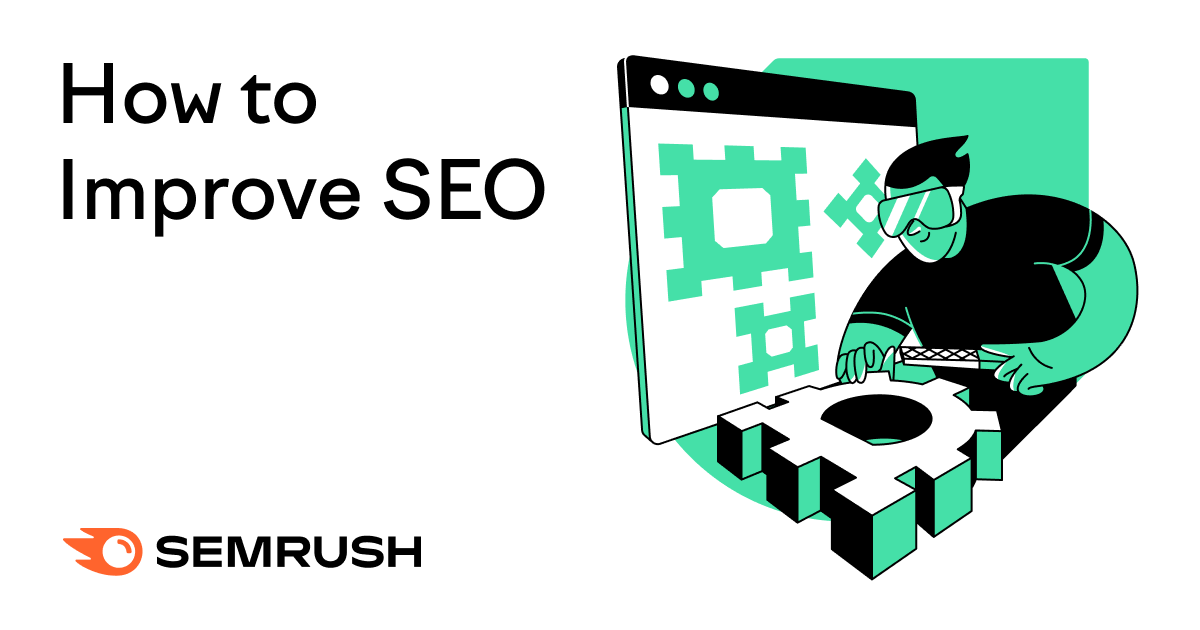









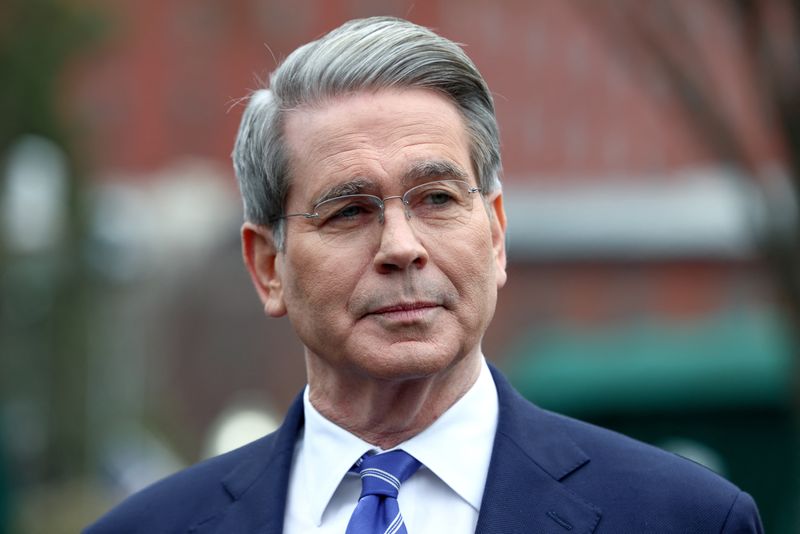
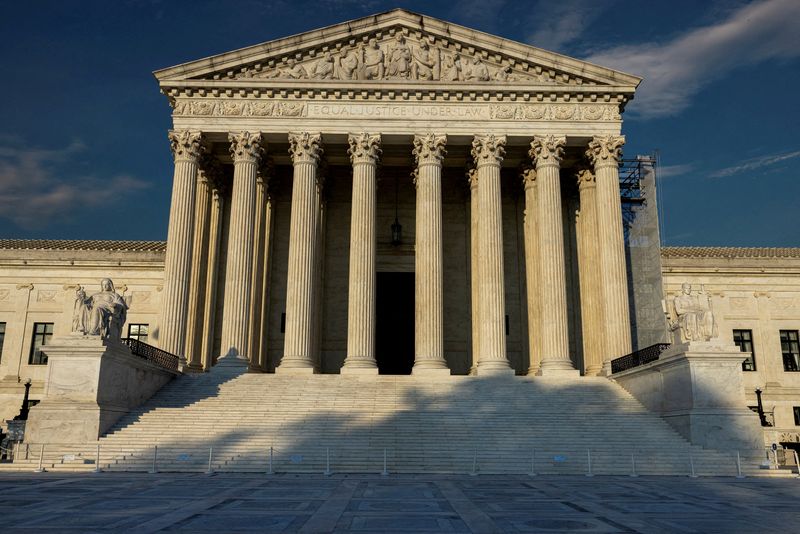
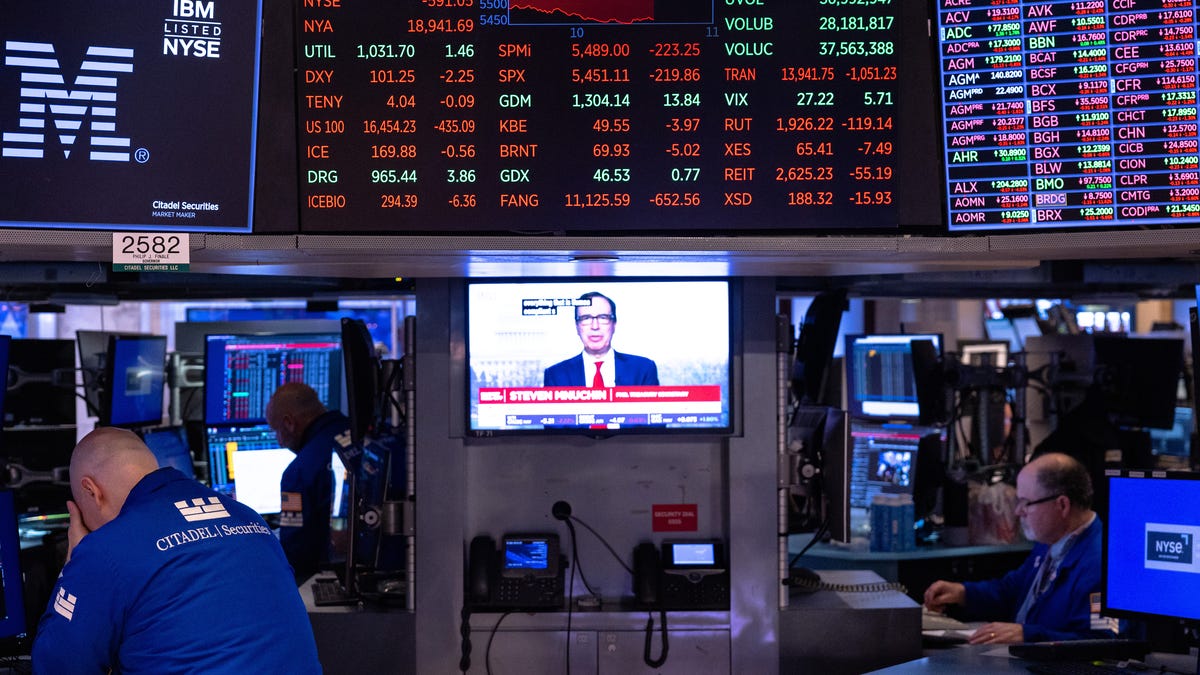

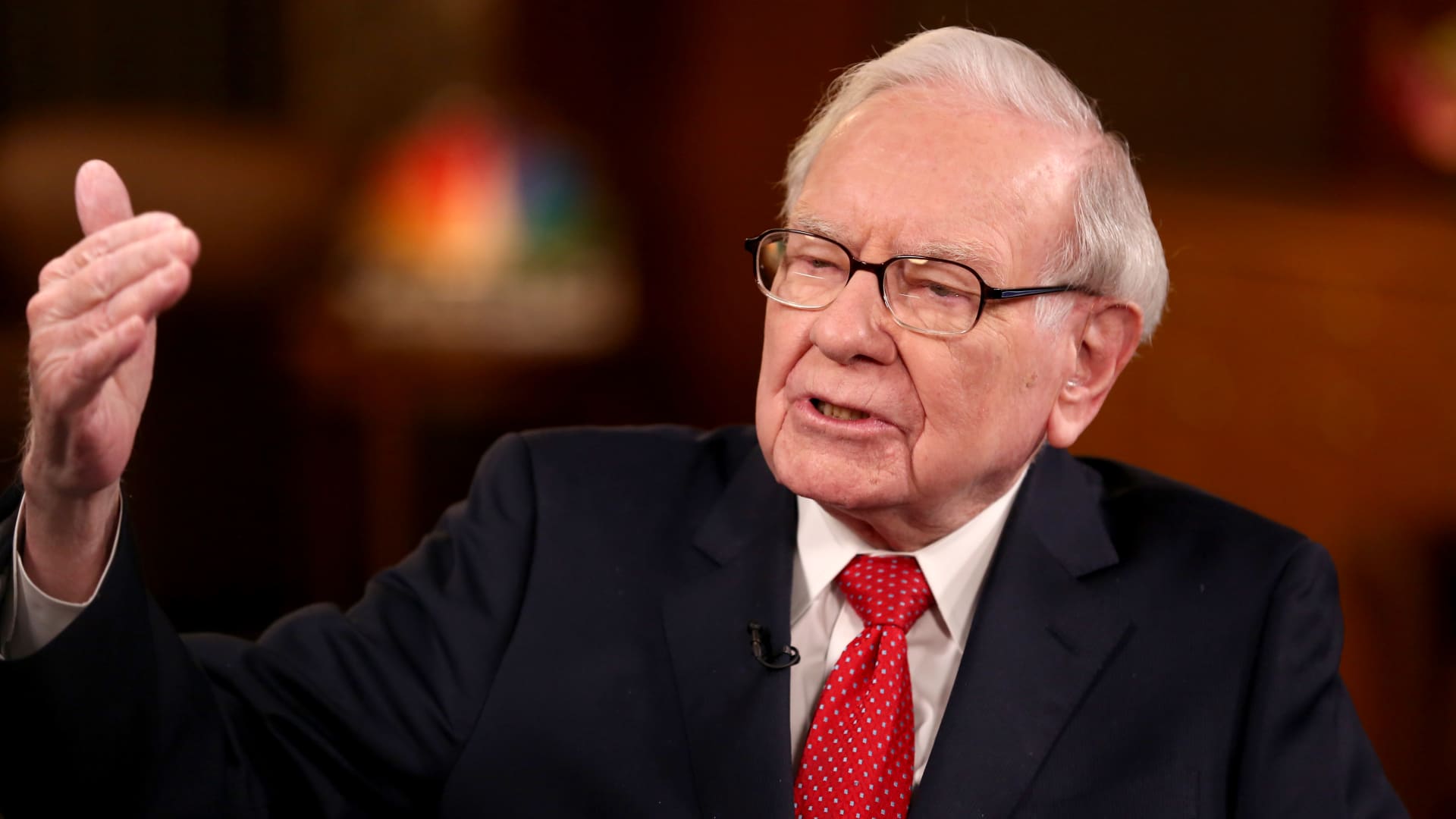



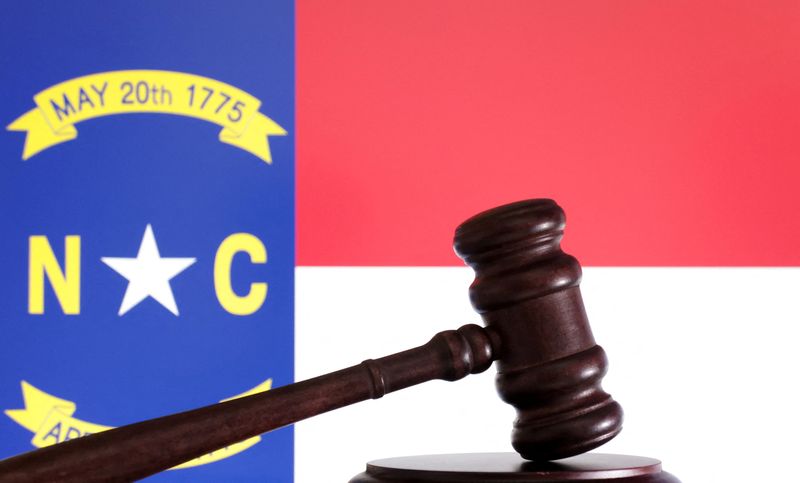
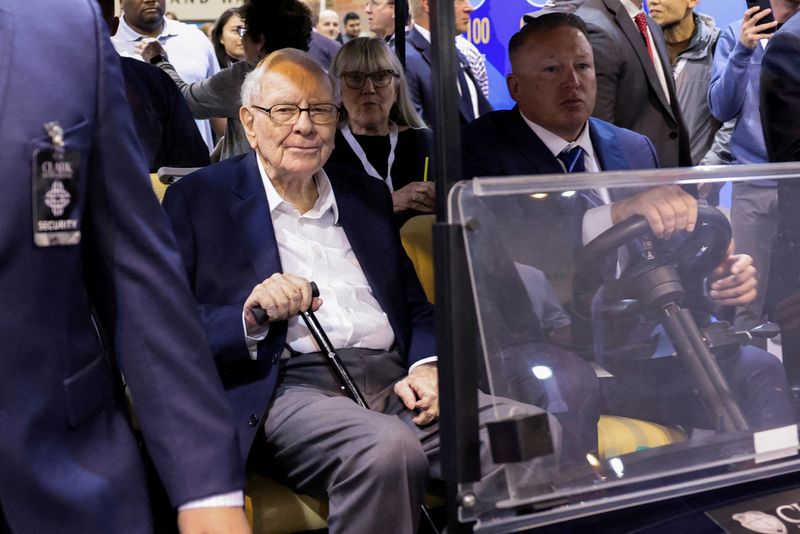
















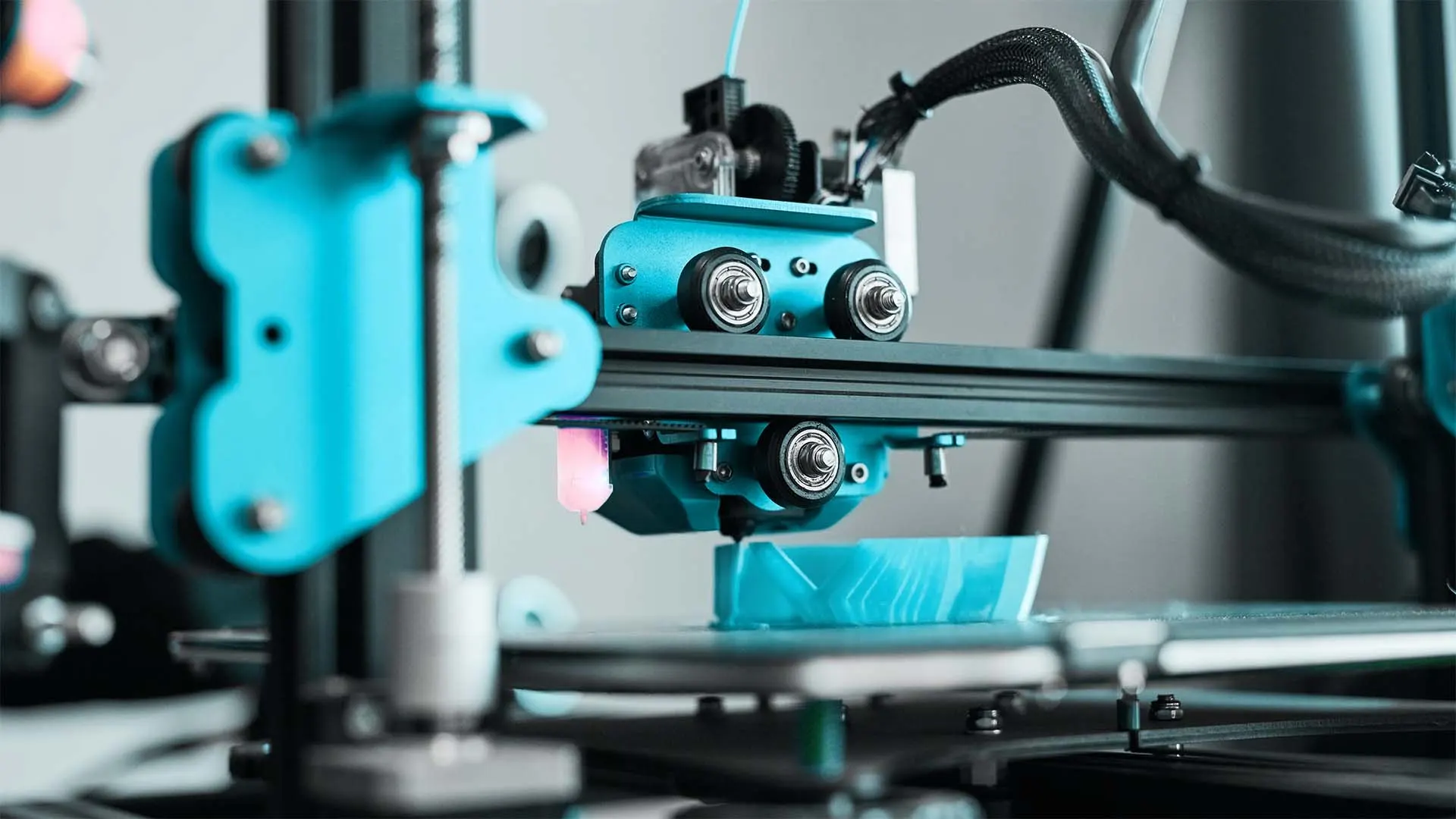
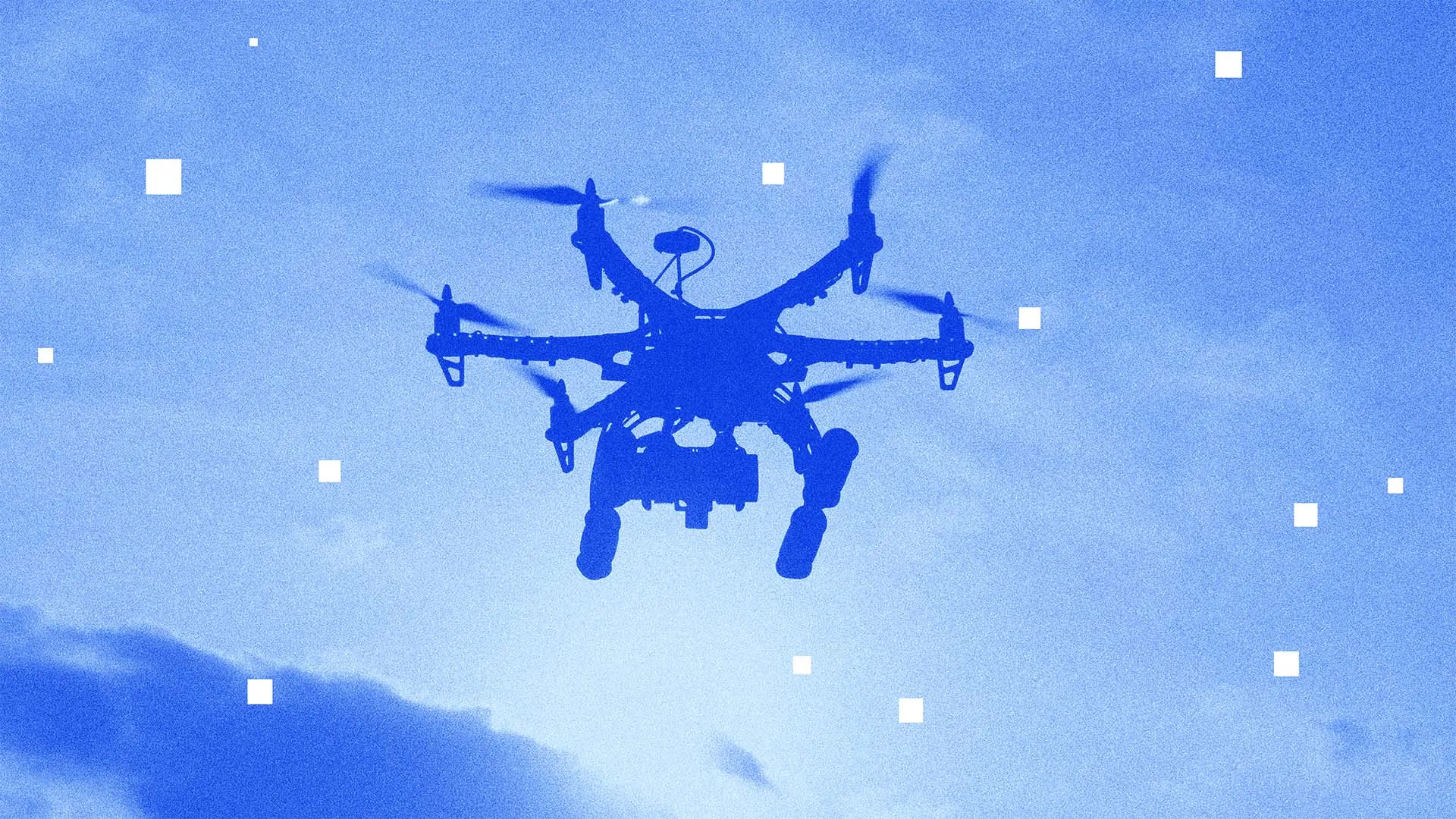

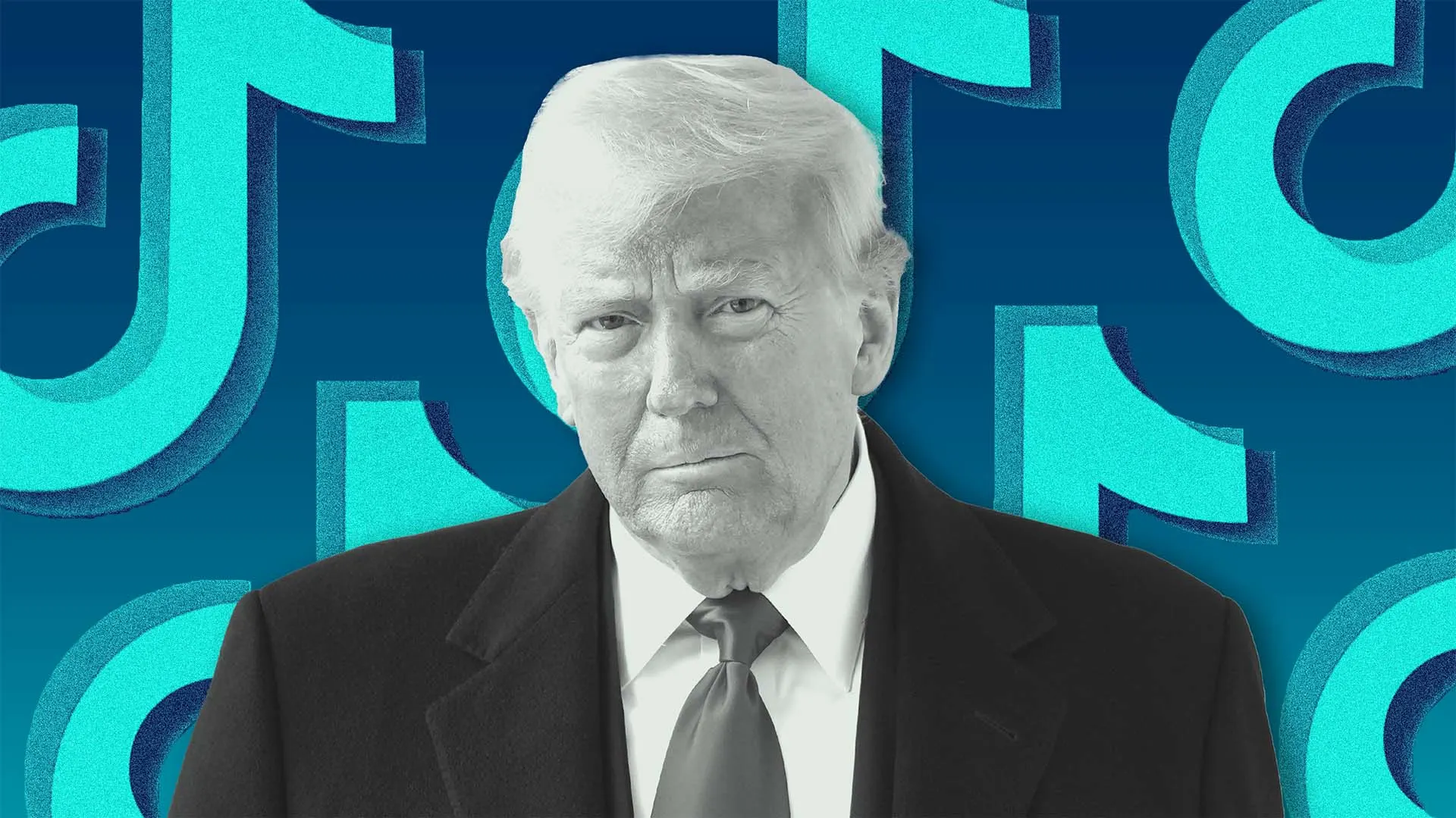
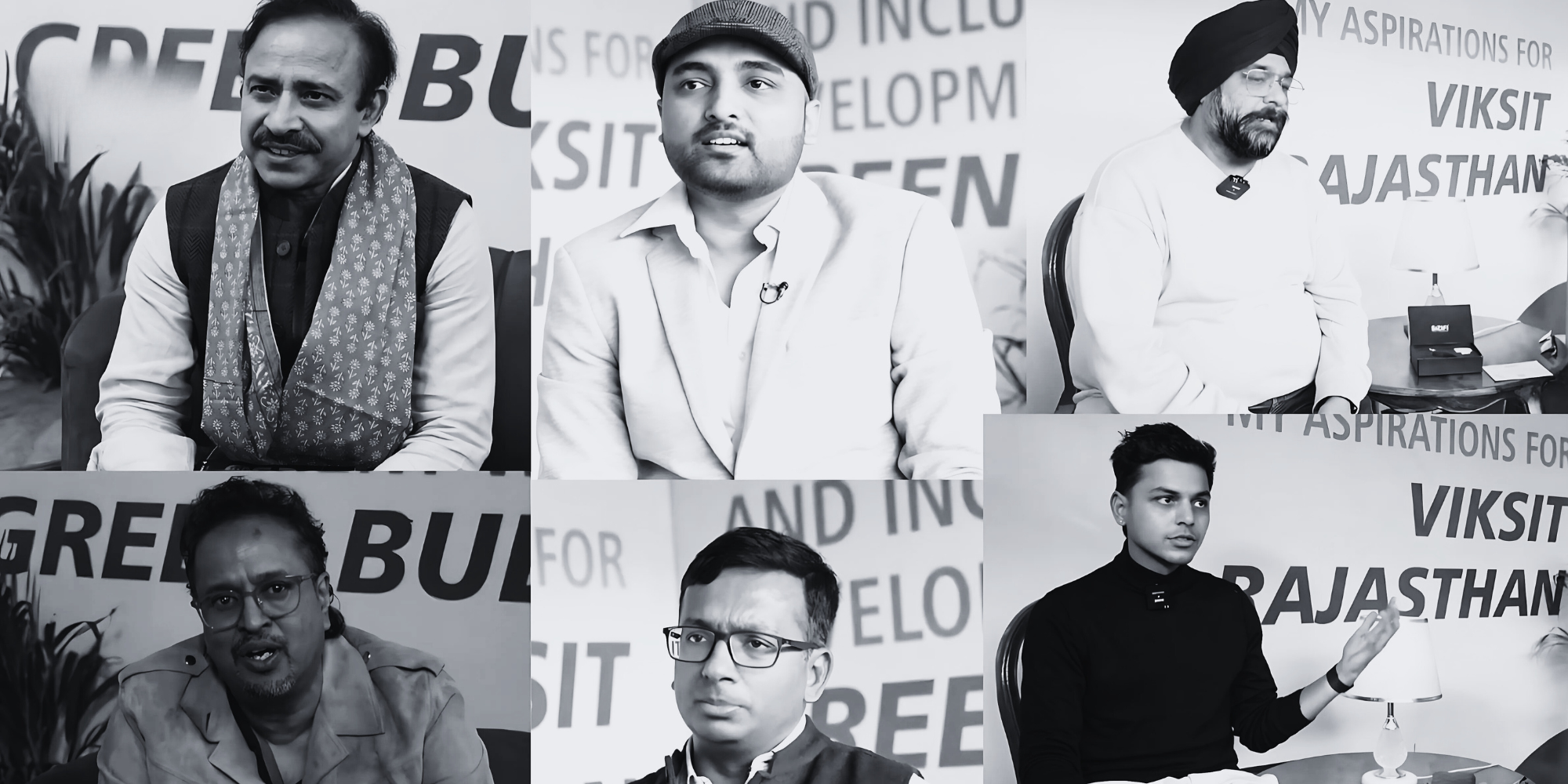


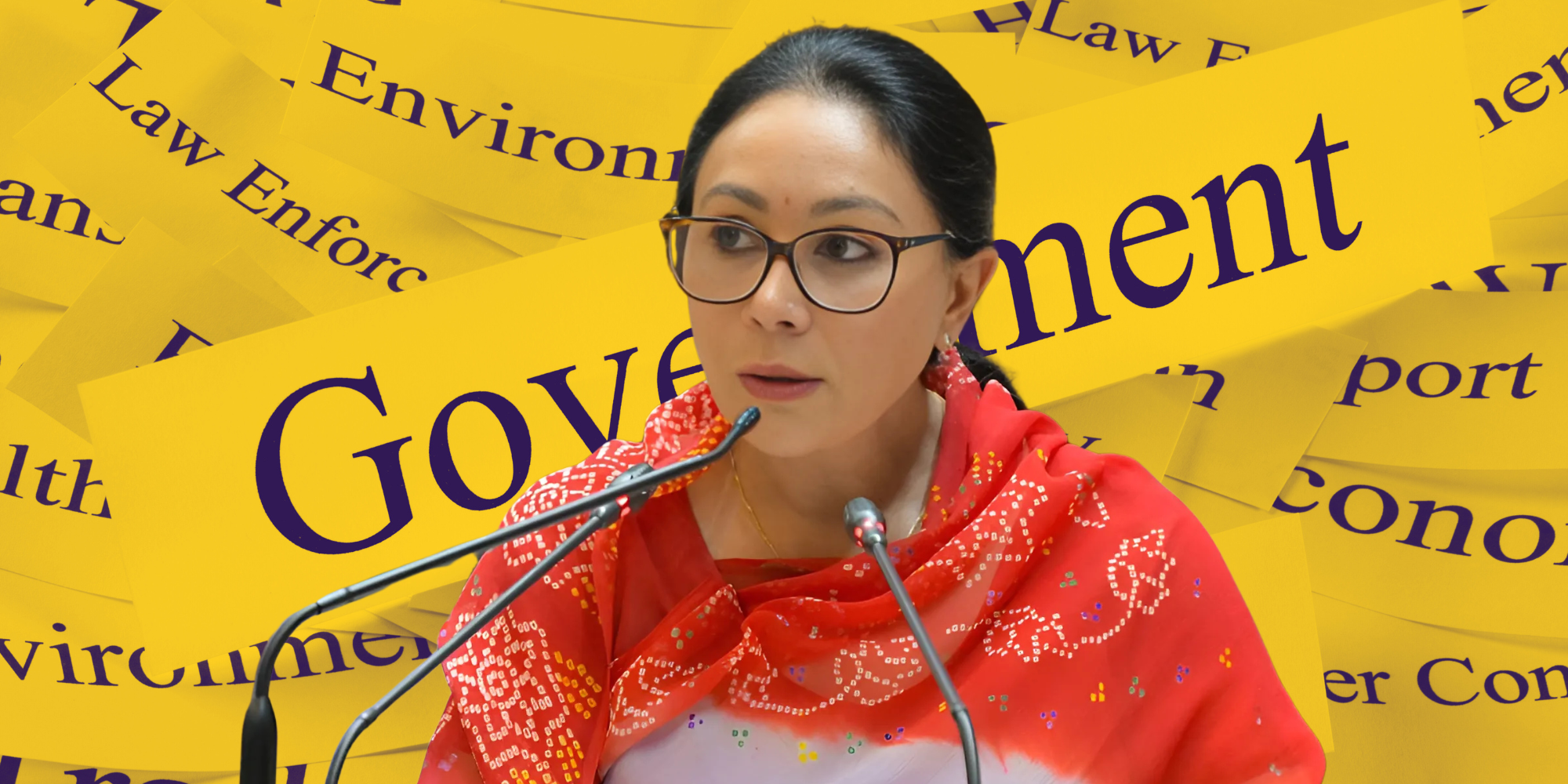
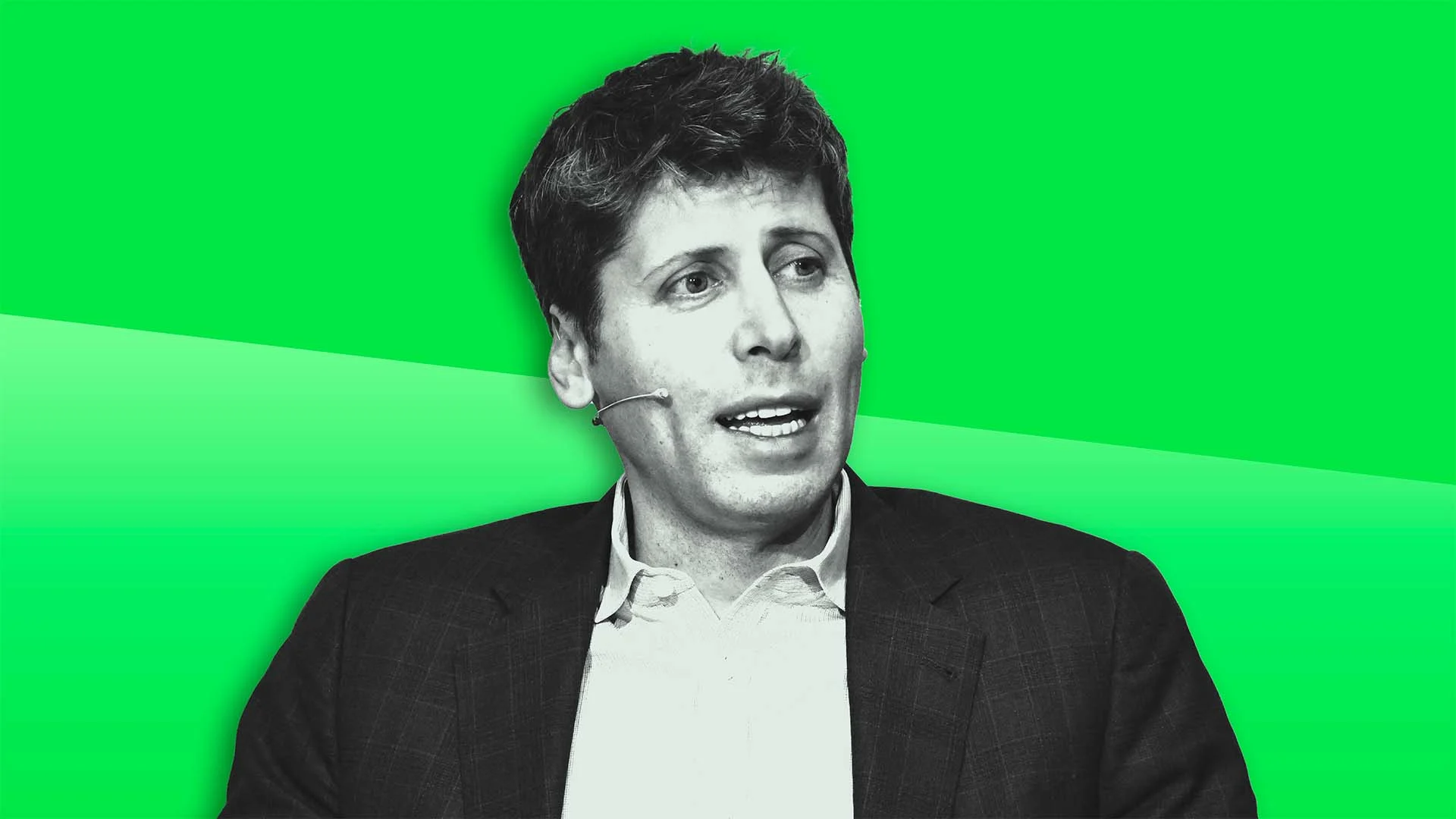
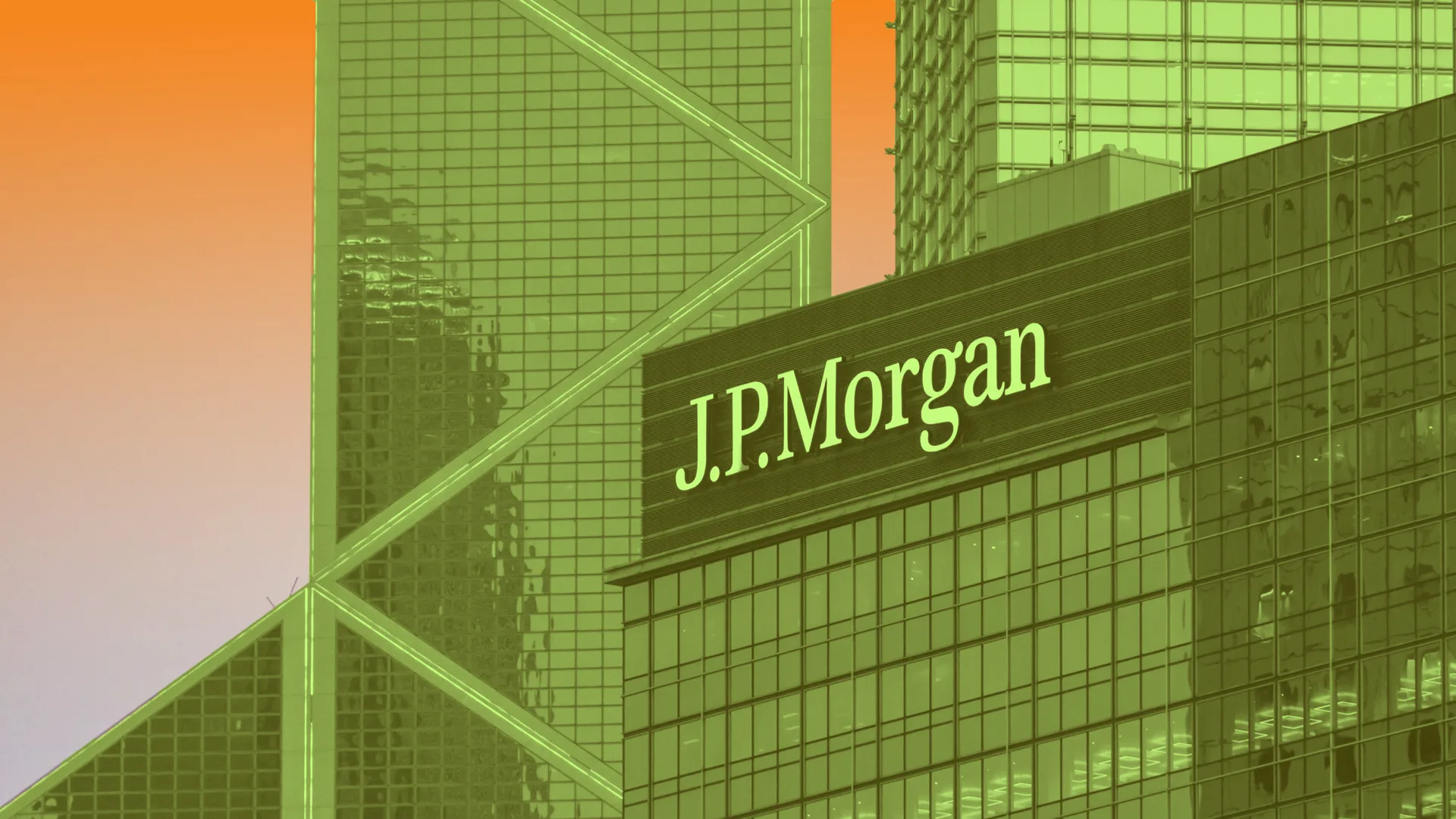
















































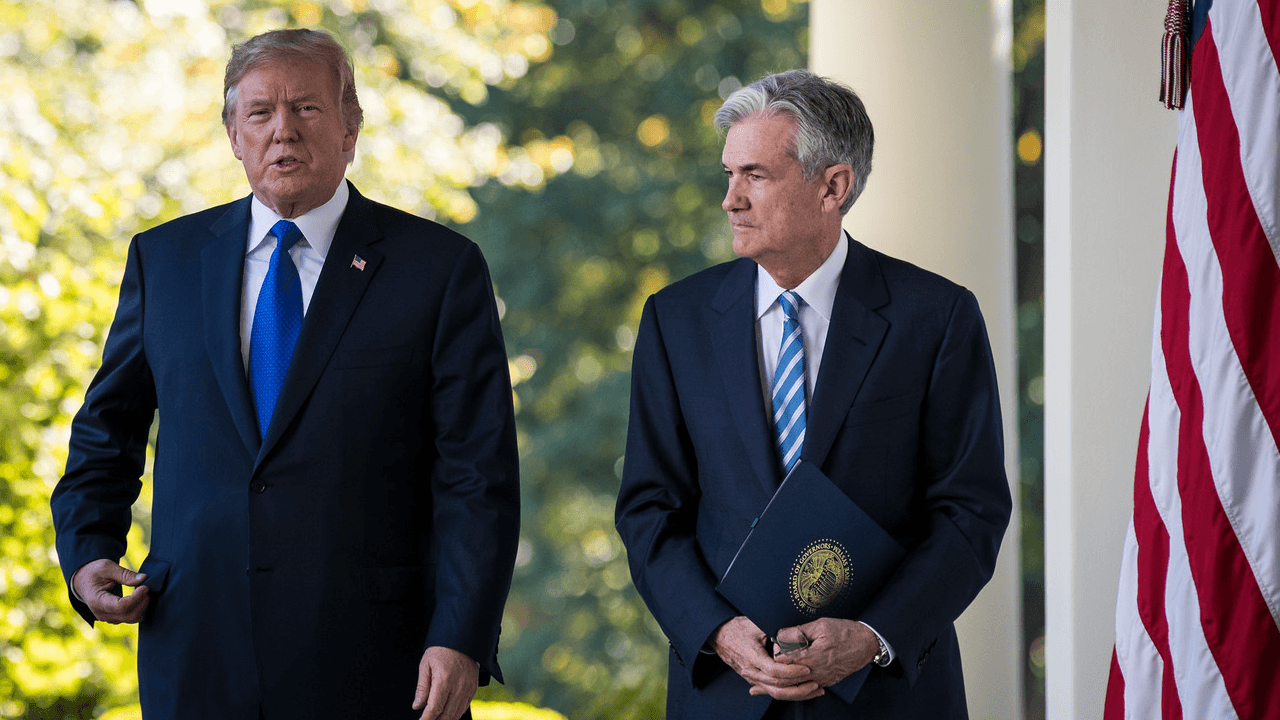
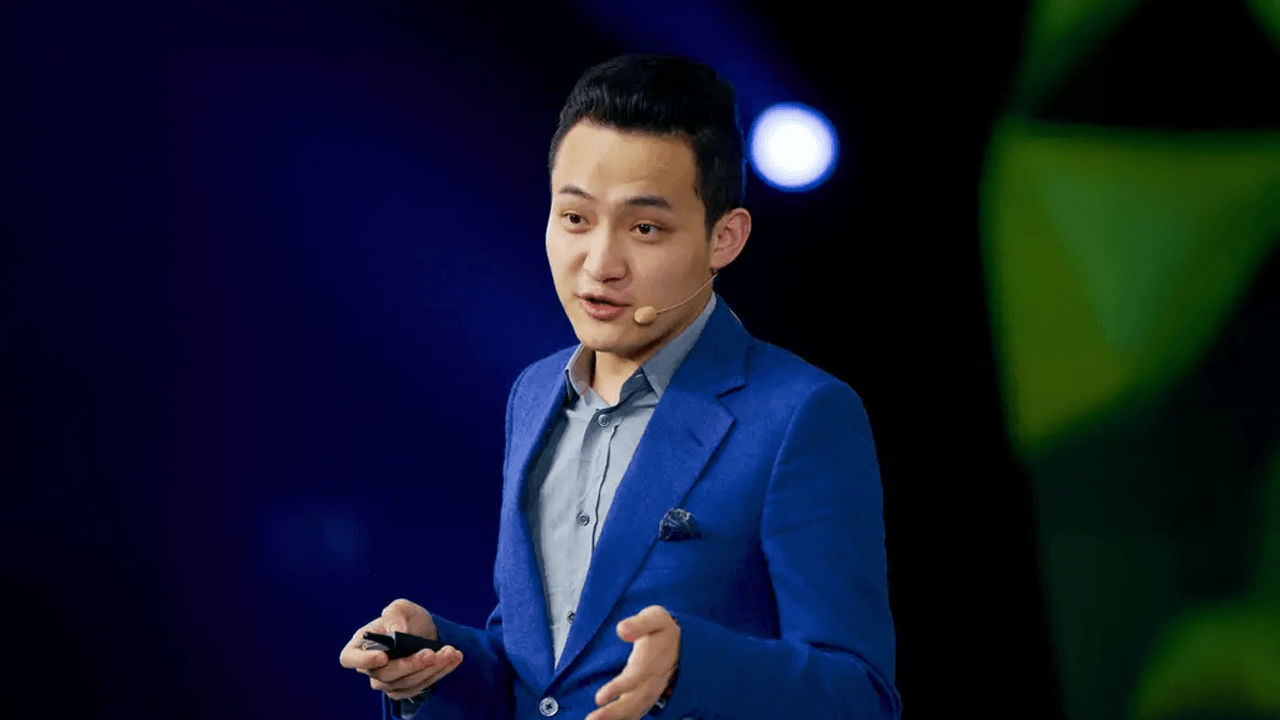


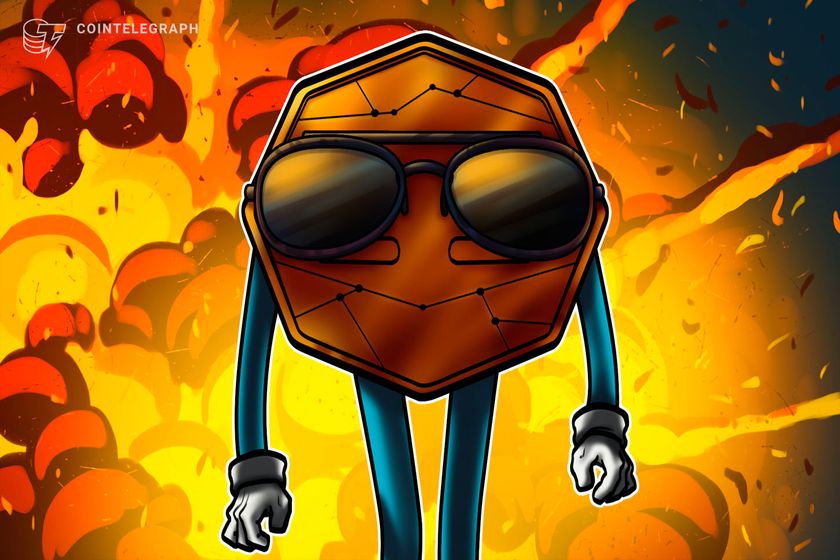






















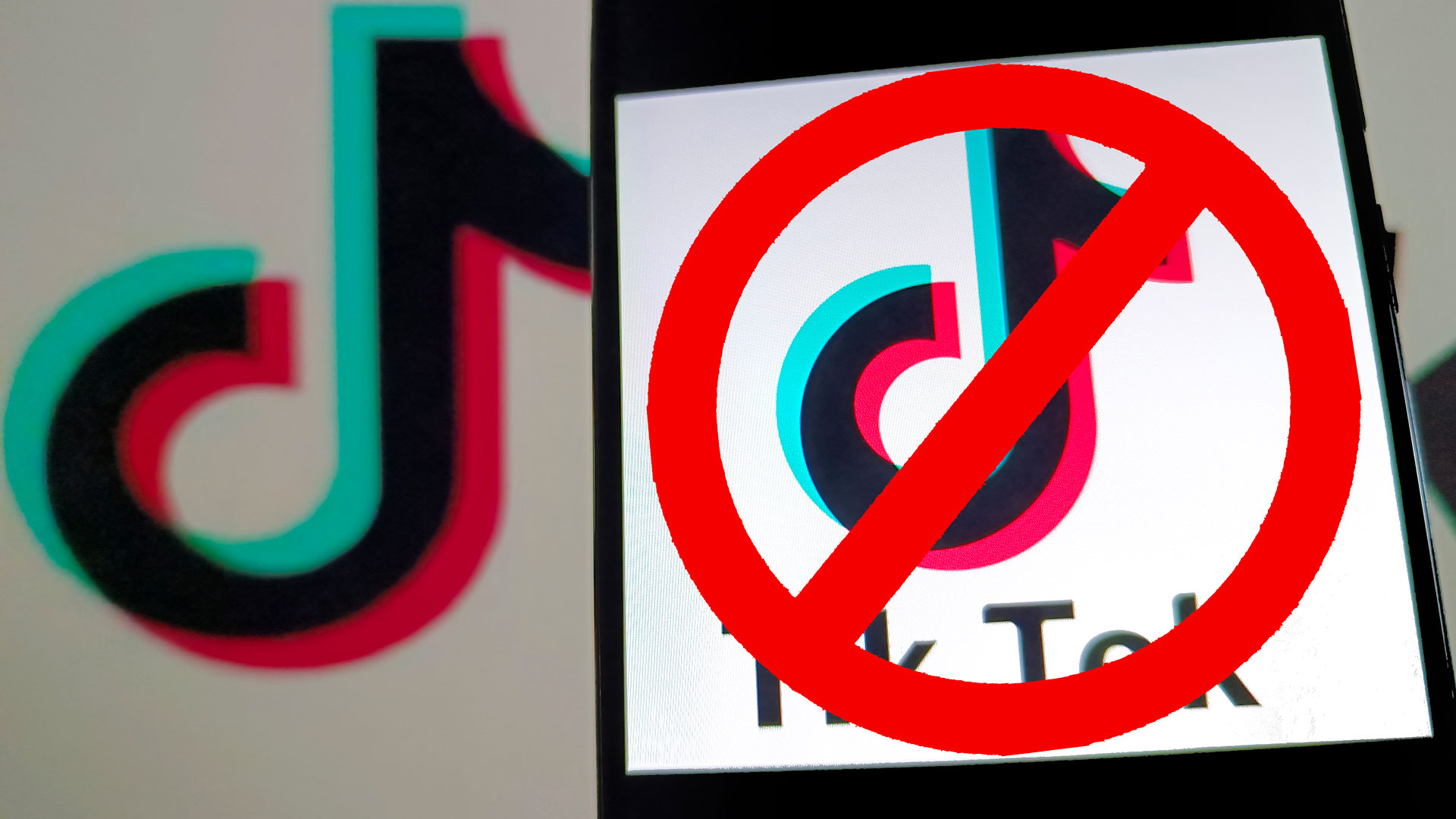
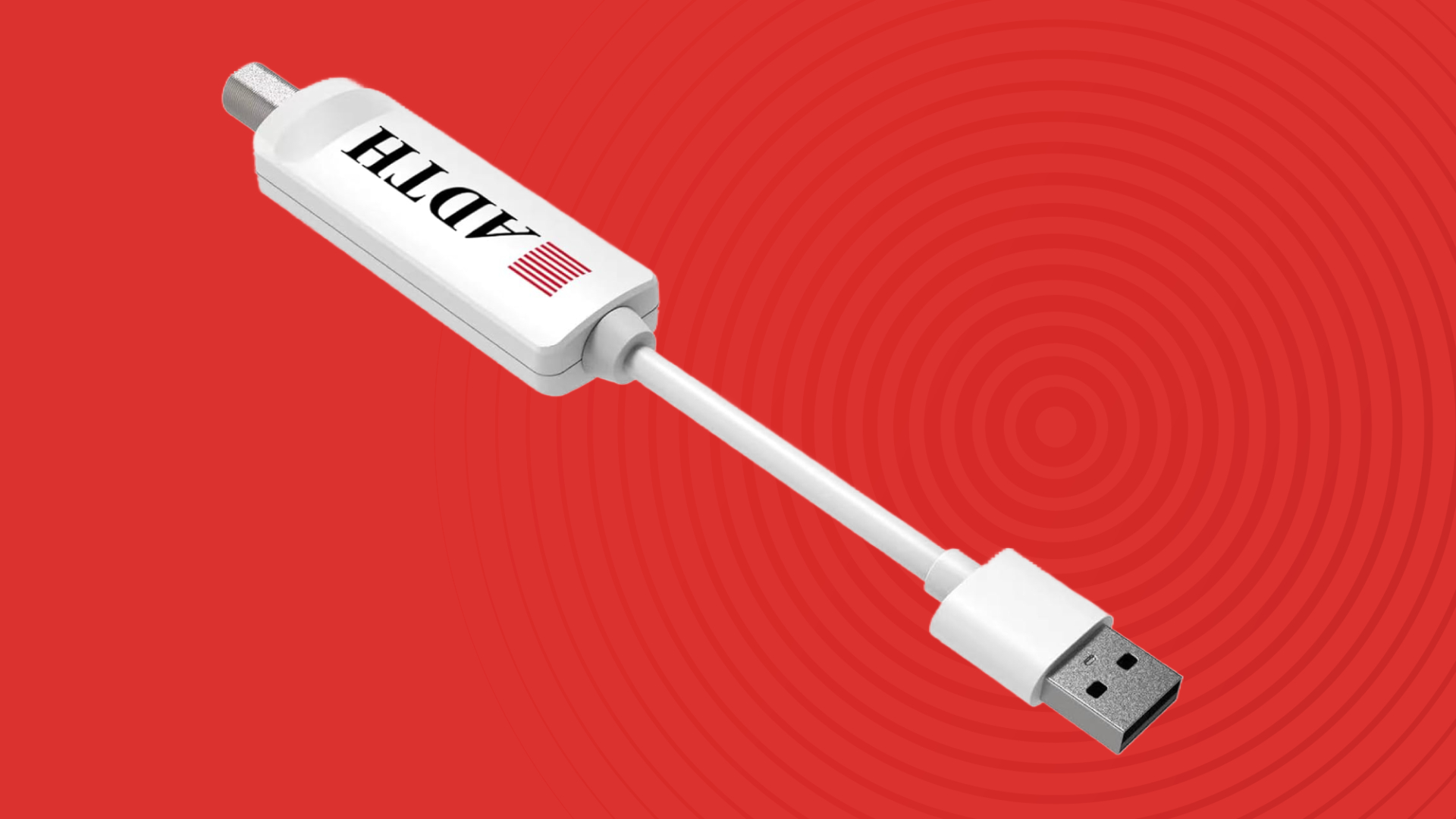
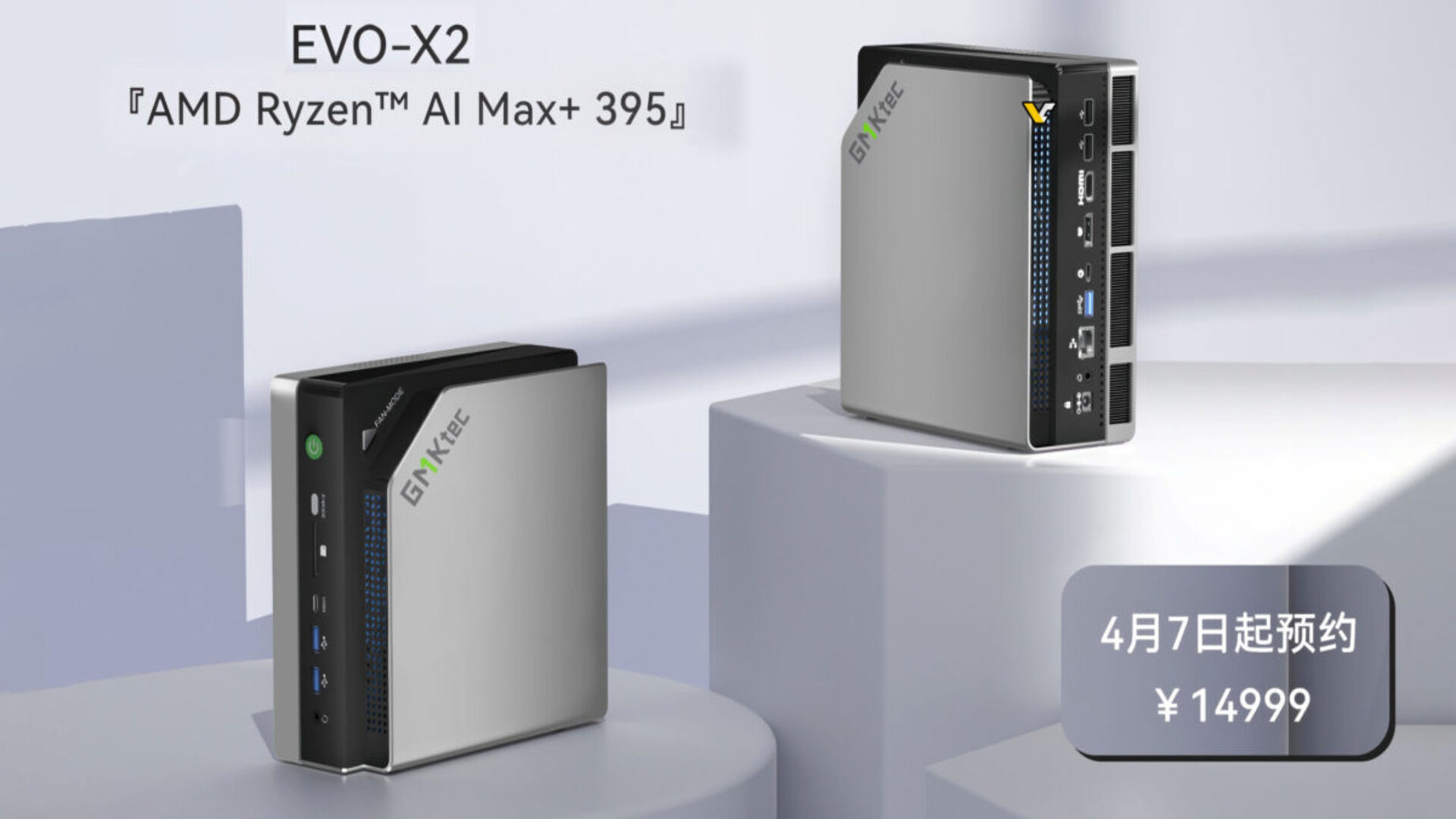
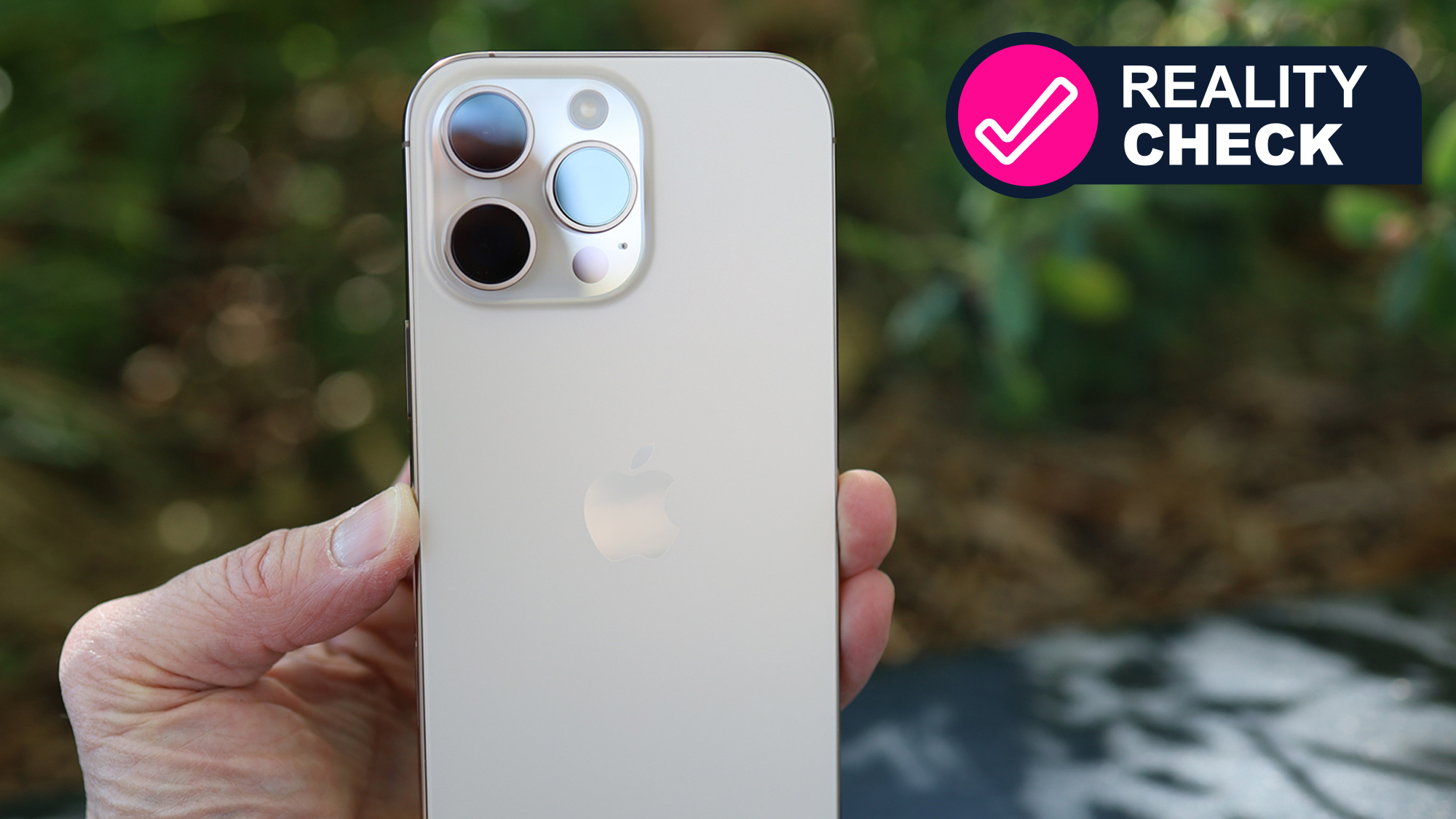



































.jpg)
%20Abstract%20Background%20112024%20SOURCE%20Amazon.jpg)









